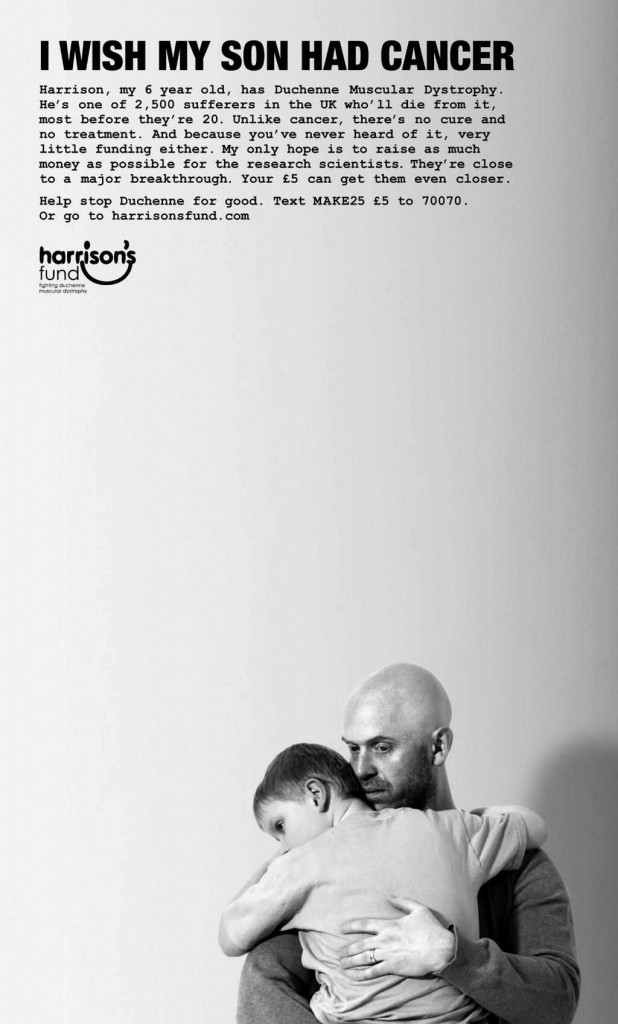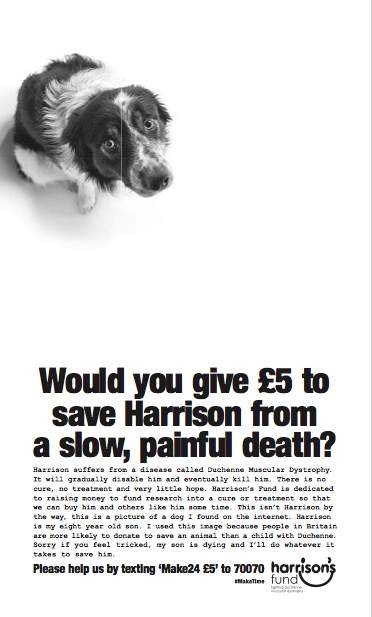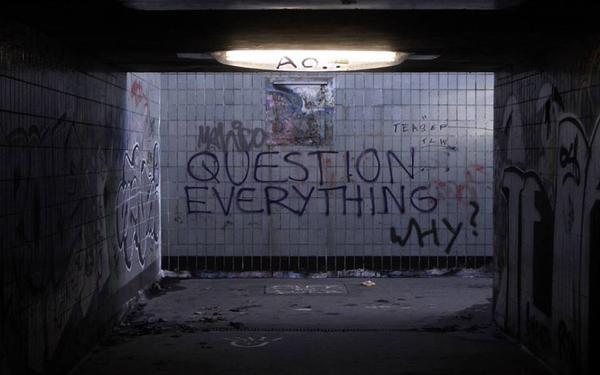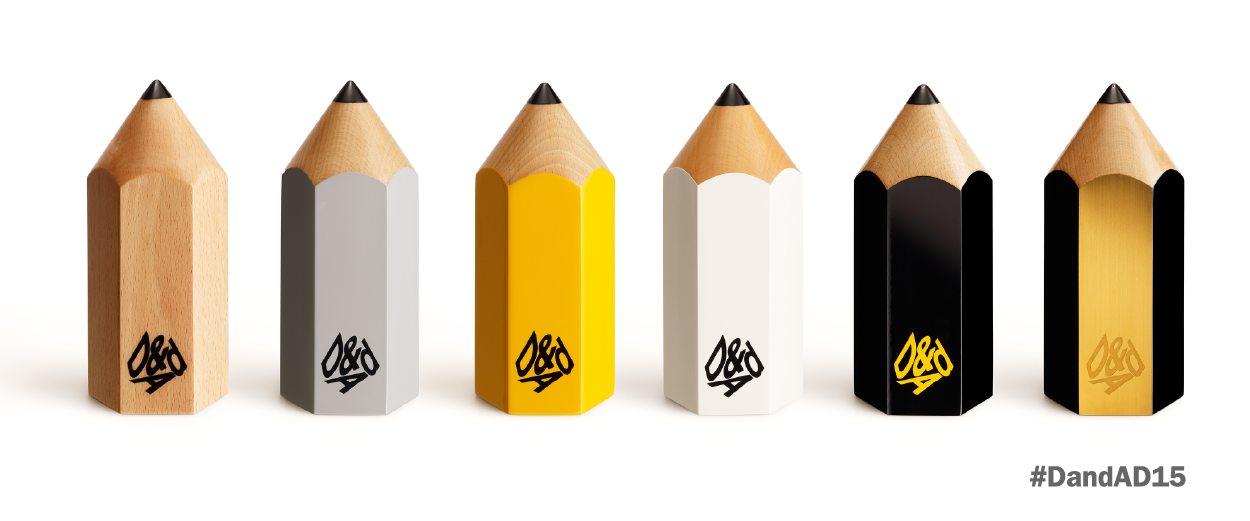Unsubscribably annoying
A modern phenomenon is the opportunity to unsubscribe from emails sent to you by companies with whom you have done some business on the internets.
Allow me to explain why this gets way further up my nose than it should:
I go and buy a thing from a new site and think nothing of it. A day or two later I receive an email from the company who sold it to me, asking whether I want to join some club or other. My initial thought is always, ‘Hang on, so when I gave them my email address to process the transaction I was actually surrendering my contact details so they could spam me later. Why does this always surprise me? Why can’t I buy something without the email address being handed over? Do they need it for anything other than future spam opportunities?’
Call me naive, but at the time of the transaction it never occurs to me that I’m not just buying a thing like I do in the shops; apparently I’m inviting the shopkeeper to knock on my door every couple of days to see if I want to buy anything else. No one ever seems to say ‘Could you please give us your email address. Please tick this box if you don’t want to hear from us again’. They all assume I’ll love the extra contact, or maybe the benefits of the repeat business generated by the spam outweigh the negative side of annoying a few of their customers. But this seems like a constant version of the U2 album thing from last year. Can’t we choose what enters our lives? After all, I’ve just given the company $35. Why is part of the deal a presumed permission to send me messages?
You might be wondering why I don’t just calm the fuck down and click unsubscribe, and that’s a good question. Sometimes I’m rattling through a lot of emails and don’t have the time, other times I’m on my iPhone so it all gets a bit fiddly. But mainly my response is ‘Why the fuck should I have to?’. I don’t want the message, I never asked for it, and if the company had asked I’d have declined. I repeat: I just gave the company some money in exchange for goods. I have now left the shop. Leave me alone. I’ll come back when I feel like it. Or rather I won’t because you’ve annoyed me, so I don’t like you as much as I did before. You took a liberty in our relationship that struck me as rude. Do one.
Which brings me on to the third point of my annoyance: what happens when you press unsubscribe. Full marks to the companies that take that single click and accept it as your clear decision to stop the emails. Slightly lower marks to those that require another ‘Are you sure?’ click. ‘Thanks for asking. The decision was touch and go, so thanks for giving me the chance to change my mind. I’d actually like to continue receiving your pointless shite in my inbox’. Much lower marks to the ones that then ask you to send an email explaining that you don’t want any more emails. Even lower than that are the ones that want you to type your email address in (the one they just used), then send that to somebody. Still lower are the ones that tell you they’ll process it in 24-48 hours. But the lowest of the low are the tits who want you to fill out a little questionnaire on why you don’t want any more emails.
Just. Fuck. Off.
This pile of irritation brings me onto the real reason this gets so far up my nose: when I go into a shop that asks me if I’d like a paper receipt or an emailed one I choose the paper receipt. I don’t want the paper receipt. I think paper receipts are a colossal waste of paper, ink and electricity. But no matter now much I hate them I hate the email rigmarole more. I don’t know if the shop’s emails are going to make it annoying for me to unsubscribe, so I don’t get into that situation. Instead I choose to waste the planet’s precious resources on something utterly pointless.
There is a MASSIVE gap in the market for companies that either ask you if you want any follow up emails when you hand over your address, or ones that just don’t email you in the first place. Those companies I would clasp to my bosom as I do my wonderful son and daughter. I would love them and tell the world how much I loved them (the companies, not my kids). They would receive this alternative benefit in spades.
(By the way, I know one of you is going to suggest setting up an alternative gmail account for the spam, but I’m too worried that the companies I buy from won’t be able to get in touch if there’s a problem with the order etc.)
Update: I just found this on Louis CK’s website. Thank you Louis:




